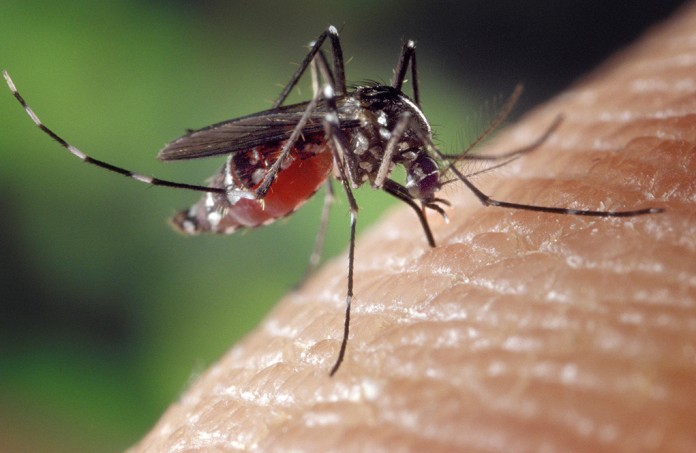The Numbers:
Zika Case Count: As of August 17, there were more than 10,200 confirmed cases of Zika virus in U.S. States and Territories.
2,260 confirmed cases of Zika in U.S. States and Washington DC.
8,035 confirmed cases of Zika in U.S. Territories.
Pregnant women with evidence of Zika virus: As of August 11, there were more than 1,200 pregnant women with evidence of Zika virus.
529 pregnant women in U.S. States and Washington, DC.
691 pregnant women in U.S. Territories.
For a state-by-state table of Zika cases in the U.S. visit: http://www.cdc.gov/zika/geo/united-states.html
Theme for the week of August 22, 2016: Moms-To-Be: Protect Your Pregnancy from Zika! The Best Way to Protect Your Baby is to Protect Yourself
The Zika theme for the week of August 22 is Moms-To-Be: Protect Your Pregnancy from Zika! The Best Way to Protect Your Baby is to Protect Yourself. Zika virus infection during pregnancy can cause microcephaly and other severe fetal brain defects. Zika also has been linked with other problems in infants, including eye defects, hearing loss, and impaired growth. Because Zika infection is a cause of microcephaly, pregnant women should strictly follow steps to prevent mosquito bites and to protect against sexual transmission.
Notable Zika News:
- HHS declares a public health emergency in Puerto Rico in response to Zika outbreak: Last Friday, at the request of Governor Alejandro García Padilla, U.S. Health and Human Services Secretary Sylvia M. Burwell declared a public health emergency for Puerto Rico, signaling that the current spread of Zika virus poses a significant threat to public health in the Commonwealth relating to pregnant women and children born to pregnant women with Zika.
- FDA issues an Emergency Use Authorization (EUA) for emergency use of a Zika detection test: On Wednesday, the FDA issued an Emergency Use Authorization (EUA) for emergency use of InBios International, Inc.’s (“InBios”), ZIKV Detect™ IgM Capture ELISA for the presumptive detection of Zika virus IgM antibodies in human sera collected from individuals meeting the CDC Zika virus clinical criteria, and/or CDC Zika virus epidemiological criteria, by laboratories in the United States that are certified under the Clinical Laboratory Improvement Amendments of 1988 (CLIA), 42 U.S.C. § 263a, to perform high complexity tests.
- CDC updates interim guidance for the evaluation and management of infants with possible congenital Zika virus infection: Today, CDC updated its interim guidance for U.S. health care providers caring for infants born to mothers with possible Zika virus infection during pregnancy. Among the updates include Laboratory testing is recommended for infants born to mothers with laboratory evidence of Zika virus infection during pregnancy and infants who have abnormal clinical or neuroimaging findings suggestive of congenital Zika syndrome and a maternal epidemiologic link suggesting possible transmission, regardless of maternal Zika virus test results.
- Additional area of active Zika transmission identified in Miami Beach: Also today, working with Florida health officials on investigating cases of locally transmitted Zika virus, CDC announced that an additional area of active Zika transmission has been confirmed in a section of Miami Beach, in addition to the area of active Zika transmission near Wynwood. As a result, CDC has updated its travel guidance recommending pregnant should avoid travel to the designated area of Miami Beach, in addition to the designated area of Wynwood, both located in Miami-Dade County. The Florida Department of Health has also identified at least four other instances of apparently mosquito-borne Zika in Miami-Dade County, and has reported an increase in travel-related cases. CDC recommends that pregnant women and their sexual partners who are concerned about potential Zika virus exposure may also consider postponing nonessential travel to all parts of Miami Dade County.





